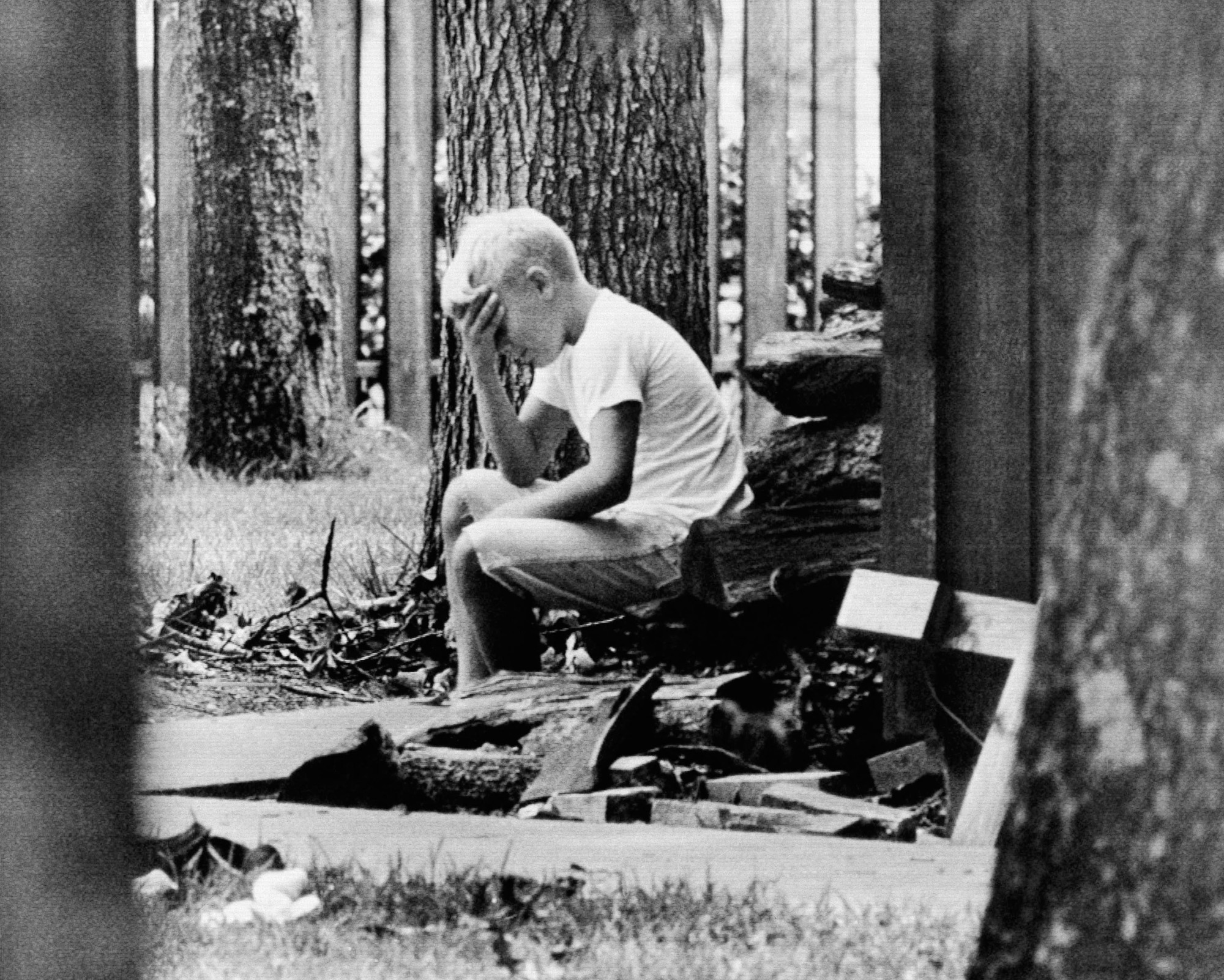When I remember the moon landing, I think about my father. Fifty years ago, on the evening of Sunday, July 20, 1969, we sat together in Dad's capacious study in our house in Ithaca, New York, holding our breaths, hardly uttering a word as the Eagle touched down.
My father, raised in Barbados, was a stern and distant man of donnish bent. He was rarely impressed and almost never smiled. But when Neil Armstrong, the Apollo 11 mission commander, stepped onto the lunar surface, Dad grinned from ear to ear. The nation joined in. The world joined in. The jubilation of the moment cannot be explained. There is no analogy.
A glowing profile a few days before launch insisted that Armstrong's "acts" would "survive in all probability as long as mankind exists." That was how people felt, as if history had suddenly taken a sharp turn. Actually it hadn't — but we were in the grip of a fevered optimism.



















With your current subscription plan you can comment on stories. However, before writing your first comment, please create a display name in the Profile section of your subscriber account page.